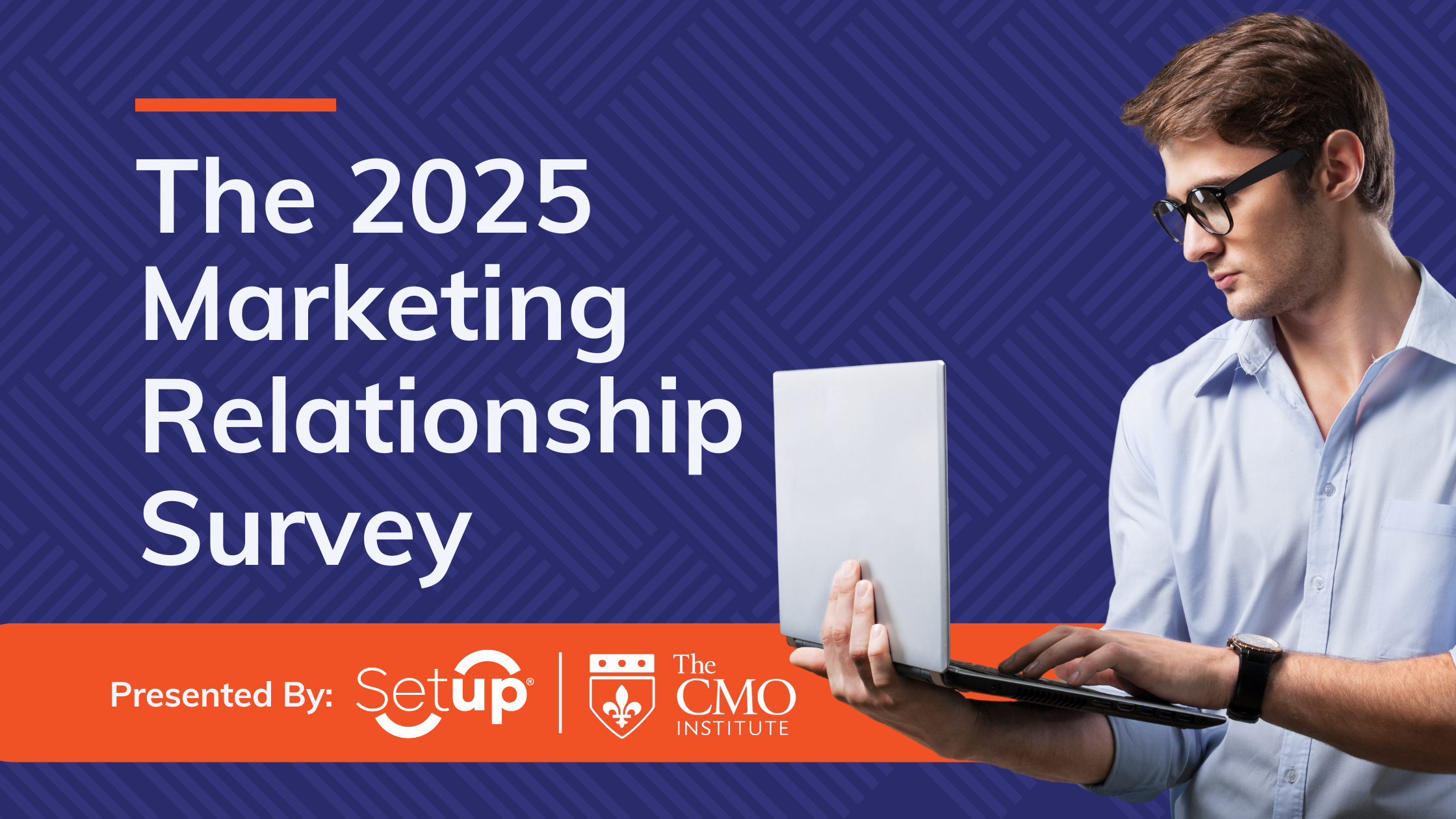Reset Expectations: Generational Marketing Check-in
Consumers make up four primary demographics - Baby Boomers, Generation X, Millennials, and Generation Z. In order for marketers to succeed in 2020, they need to evaluate and adjust their marketing campaigns to cater to their target market properly.
Generational Marketing Breakdown
Millennials are no longer social media crazed teens texting during dinner; Baby Boomers are slowly losing their purchasing power; Generation Z kids are now in college and joining the workforce; and Generation X has a lot more purchasing power than we think.
Marketers need to reset their current expectations and evaluate where generations are spending to understand where consumers are coming from - their likes/dislikes and best way to reach them.
Average annual dollars spent by generation.
Source: https://www.business2community.com/trends-news/consumer-shopping-trends-and-statistics-by-the-generation-gen-z-millennials-gen-x-boomers-and-the-silents-02220370
Marketing to Baby Boomers
Age Group: 1946 to 1964
Value: Convenience, Customer Service, Reputable Brands, Informative Websites
Common Misconception: Not technologically inclined
Reach Baby Boomers: Omnichannel marketing, but, primarily, Facebook ads
Generational Overview:
63% of Baby Boomers use Facebook as their primary social media platform, garnering up to 11+ hours a week on Facebook specifically - more than any other generation. Known for being the largest generation (hence the name), Baby Boomers have the largest buying power at 2.6 trillion and enjoy consumption as a symbol of wealth and ideology. Since they remain big spenders in the market, marketers should not turn their heads away just yet. Especially since studies show that older generations are just as digitally savvy as other generations - digital marketing efforts are effective to this age group.
“OK Boomer” may be a popular phrase, but, funnily enough, Boomers are the generation known most for clicking through websites online to thoroughly research and understand a product/brand. They are most influenced by reviews (which is why well-known brands perform best with them) and prefer a positive in-store, traditional experience for easy returns and interaction.
Marketing to Generation X
Age Group: 1965 to 1980
Value: Convenience, Deals, Success, Family, Nostalgia, Independence
Common Misconception: They are the “forgotten” generation
Reach Generation X: Email marketing campaigns with short copy (since they are busy) with coupons, deals, or loyalty program offerings
Generational Overview:
Just because they are “forgotten” or significantly smaller as the “Baby Bust” generation, does not mean Generation X cannot make big spending moves. Gen X successfully recovered financially from the recession and, like Boomers, invested in lucrative assets. Generation X spends a third more than millennials and will, according to Pew Research, outnumber Baby Boomers by 2028. If anything, Generation X is leading as one of the most prosperous generations and is the demographic marketers should be targeting.
They are more on-the-go compared to other generations and prefer products and ads that get straight to the point to help them achieve efficiency in their day-to-day. As Generation X gets older, however, their attention to health and focusing on prioritizing retirement may shift their consumption habits. Many of Gen Xers are parents of Gen Z.
Read Related - Connecting with Gen Z Moms
Marketing to Millennials
Age Group: 1981 to 1996
Value: Influencers, Browsing, Creating, Connection, Lifestyle Items
Common Misconception: Lazy or Narcissistic/”Me Me Me” Generation
Reach Millennials: Market inexpensive items or meaningful experiences and promote/build brand trust using Facebook, Instagram, and Pinterest
Generational Overview:
While there are a lot of benefits to growing up in the digital world, being the first digitally native generation came at a cost as the world/parents tried to figure it all out. Millennials, or Gen Y, are the most educated generation and, because of that (mixed with the fact that their oldest members were hit with the recession post-graduation), millennials are discretionary spenders focused on paying off home or education loans. Due to this, many millennials have a delayed adulthood and focus on inexpensive assets such as technological gadgets instead of houses and cars. Half live paycheck to paycheck and only 50% actually own their homes.
Despite being small spenders, millennials do enjoy experiences and spend money going out to eat at restaurants or attending events. They particularly enjoy shopping for the social aspect of browsing stores even though, compared to other generations, they spend the most time shopping online. Millennials are impressionable - 95% of millennials follow brands on social media and 68% admit to being influenced by social posts - and believe word of mouth from other consumers over the brand.
When purchasing a product, DesignRush.com discovered that 61% of millennials trust a friend’s endorsement and then 51% trust their own experience with a brand. User-generated content, similar to Gen Z, particularly excites them because millennials enjoy co-creating content and feeling like a part of the community.
Read Related - Marketing to the Millennials of the Millennium
Marketing to Generation Z
Age Group: 1997 to 2010
Value: Authenticity, Savings Opportunities, Individual Expression, Social Causes, Brands with Purpose
Common Misconception: Obsessed with technology; Know it alls
Reach Generation Z: Articulate brand purpose in messaging, promote visual content, and enact on brand values to create meaningful connections
Generational Overview:
This Tik-tok crazed generation craves authenticity and connection. They are known to be analytical self-starters with entrepreneurial spirits and a deep technological knowledge. Gen Z primarily trusts testimonials by peers or influencers with similar values and prioritizes price of products over reviews and brand names.
Read Related - Marketing Mysteries Uncovered for Generation Z
Their loyalty lies with brands that offer sustainable options and align with a cause that stays true to the brand promise. Gen Z often believes in starting a dialogue to support causes they believe in.
Gen Z enjoys expressing themselves through creation - hence why famous YouTube creators making millions are in their teens - and primarily use visual social media platforms like Instagram, YouTube, and Snapchat.
Response Media’s Director of Strategy, Jennifer Streck, conducted a case study of Generation Z to break down key differentiators and guideline for communiting with Gen Z.
Here is a great infographic that breaks down Gen Z’s characteristics compared to other generations!
There you have it! Hopefully you discovered something new that either challenged your current beliefs or gave you a new perspective on targeting your audience.
Ultimately, consumers want marketers to empathize with their needs and bring value to their lives. And, funnily enough, one thing currently remains the same - despite new social media platforms growing in popularity, Facebook is still the most used social media channel across generations.











In the last six years, we’ve surveyed thousands of brands and agencies about their relationships. Each year, the data tells the story that brands want a partner they can rely on, but finding that partner often is difficult, expensive, and time consuming.
Read what brands are looking for in the perfect agency partner.